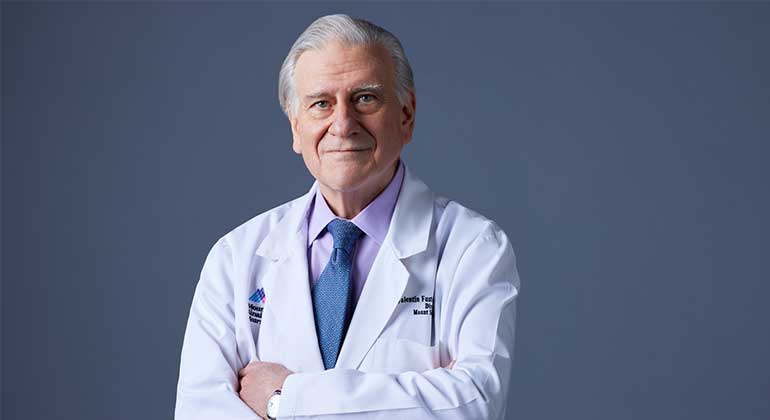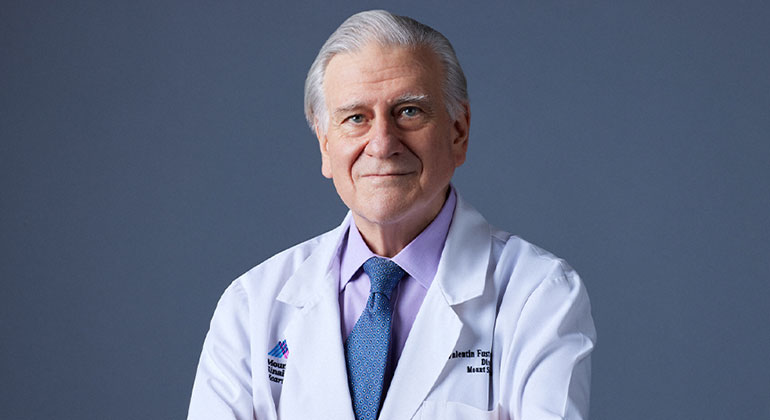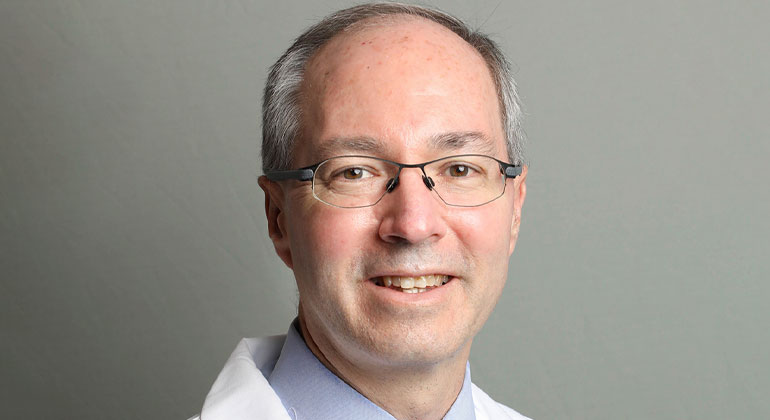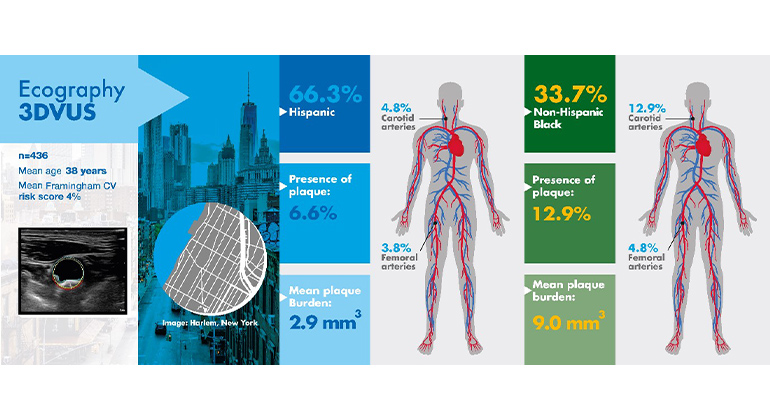Mount Sinai Heart Director Provides Recommendations for Promoting Global Cardiovascular Health
Co-Chair of Consensus Committee Advising Trump Administration on Global Health Outlines How the United States Can Bolster Its Global Health Efforts
Increased detection and treatment of early hypertension and cervical cancer, and immunization for vaccine-preventable infections, such as the human papilloma virus and hepatitis B, that can lead to cancer, are among the recommendations of the Committee on Global Health and the Future of the United States.
The committee, whose co-chair is Valentin Fuster, MD, PhD, Director of Mount Sinai Heart and Physician-in-Chief of The Mount Sinai Hospital, is affiliated with the National Academies of Sciences, Engineering, and Medicine. It was formed to identify global health priorities in light of current and emerging global health threats and challenges, including the rapid spread of infectious disease outbreaks and growing prevalence of chronic non-communicable diseases, like heart attacks and strokes, which have negatively affected global health and economies.
The recommendations will be included in an editorial that will be published online September 28, 2017, in The New England Journal of Medicine.
“Human capital contributes substantially to economic growth, and it follows that having a healthy population is critical for economic prosperity,” said Dr. Fuster. “As more people survive infectious diseases and age into adulthood, many develop cardiovascular diseases and cancer—conditions that global health programs are not devoting adequate attention to.”
Dr. Fuster’s committee recommends that government and non-governmental organizations address these priorities through policy changes and community-based programs that are integrated into existing health services. For example, the committee recommends that agencies such as the United States Agency for International Development, the Department of State, and the Centers for Disease Control and Prevention should provide seed funding at the country level to facilitate mobilization and involvement of the private sector in addressing these issues.
“The United States cannot ignore the reality that the health and well-being of other countries affects the health, safety and economic security of Americans,” said Dr. Fuster. “The committee believes that implementing evidence-based interventions and taking a more proactive and systematic approach to global health priorities will make the U.S. government’s efforts in global health more effective and efficient.”
About the Mount Sinai Health System
Mount Sinai Health System is one of the largest academic medical systems in the New York metro area, with more than 43,000 employees working across eight hospitals, over 400 outpatient practices, nearly 300 labs, a school of nursing, and a leading school of medicine and graduate education. Mount Sinai advances health for all people, everywhere, by taking on the most complex health care challenges of our time — discovering and applying new scientific learning and knowledge; developing safer, more effective treatments; educating the next generation of medical leaders and innovators; and supporting local communities by delivering high-quality care to all who need it.
Through the integration of its hospitals, labs, and schools, Mount Sinai offers comprehensive health care solutions from birth through geriatrics, leveraging innovative approaches such as artificial intelligence and informatics while keeping patients’ medical and emotional needs at the center of all treatment. The Health System includes approximately 7,300 primary and specialty care physicians; 13 joint-venture outpatient surgery centers throughout the five boroughs of New York City, Westchester, Long Island, and Florida; and more than 30 affiliated community health centers. We are consistently ranked by U.S. News & World Report's Best Hospitals, receiving high "Honor Roll" status, and are highly ranked: No. 1 in Geriatrics and top 20 in Cardiology/Heart Surgery, Diabetes/Endocrinology, Gastroenterology/GI Surgery, Neurology/Neurosurgery, Orthopedics, Pulmonology/Lung Surgery, Rehabilitation, and Urology. New York Eye and Ear Infirmary of Mount Sinai is ranked No. 12 in Ophthalmology. U.S. News & World Report’s “Best Children’s Hospitals” ranks Mount Sinai Kravis Children's Hospital among the country’s best in several pediatric specialties.
For more information, visit https://www.mountsinai.org or find Mount Sinai on Facebook, Twitter and YouTube.

Valentin Fuster, MD, PhD, Receives Prestigious Award from City of Barcelona, Spain
Jan 23, 2023 View All Press Releases
Samin Sharma, MD, Named Director of the Mount Sinai Cardiovascular Clinical Institute
Nov 28, 2022 View All Press Releases
Valentin Fuster, MD, PhD, Named President of Mount Sinai Heart
Oct 18, 2022 View All Press ReleasesThe Mount Sinai Hospital Awarded Highest Quality Rating for Adult Cardiac Valve Surgery
May 28, 2019 View All Press Releases


